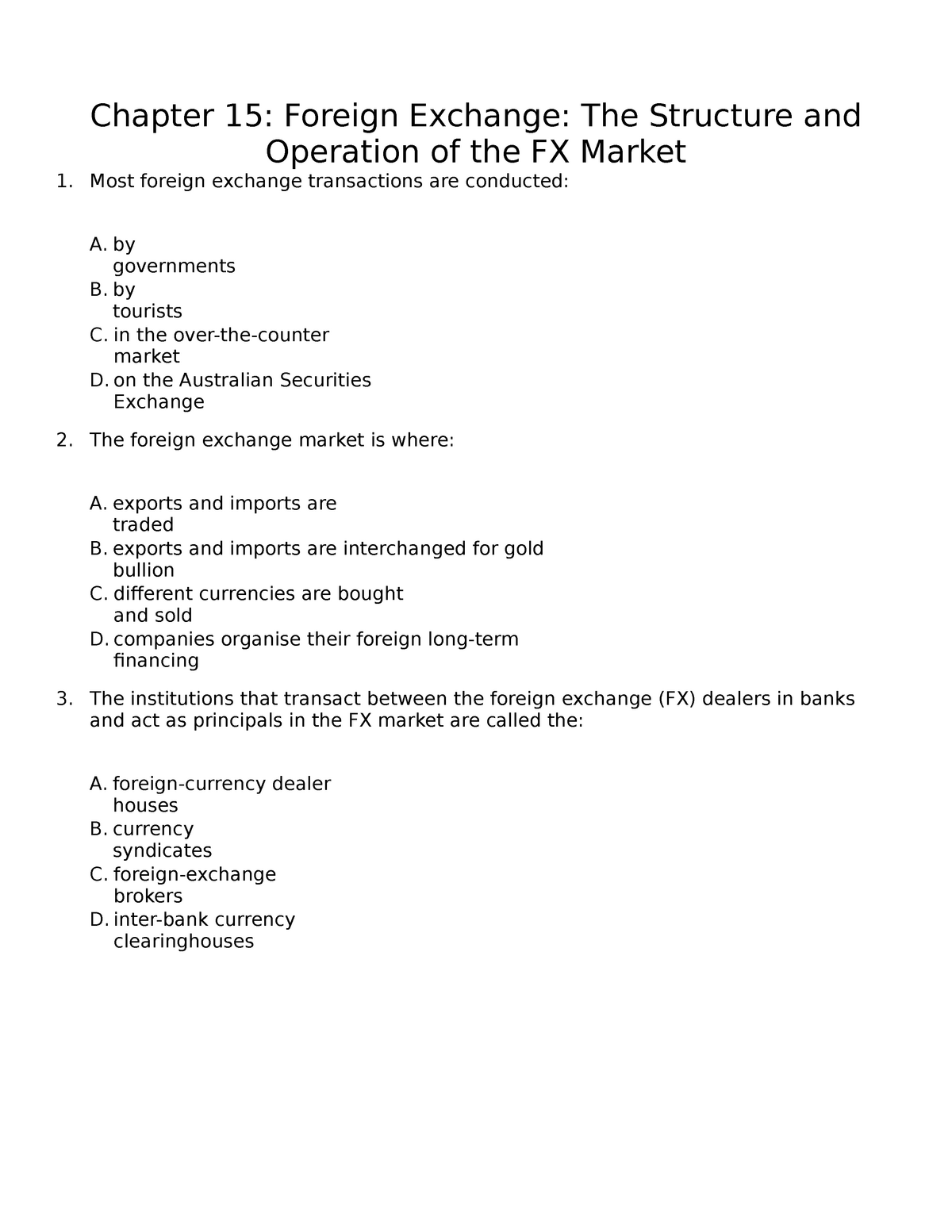
Most people have heard that the best time to purchase bonds is during a financial crisis. This is true. This is true. You should avoid bonds issued by companies that have poor credit ratings, however, and keep your higher returns in the equities market. However, if you haven’t already invested in bonds this is a great time to do so. Here are a few things to consider:
Buy bonds at a premium
If you are looking to buy premium bonds, think about how to do it. Premium bonds tend to be more expensive than municipal bonds. However you will still get tax-free coupons from munis. Premium bonds could have an accretion tax-advantaged feature that can result in capital gains or ordinary income at maturity. You should consider carefully the investment strategy and the interest rates environment before you purchase these types bonds.

Premium bonds offer a higher interest rate, which is the most obvious benefit. Premium bonds may require higher initial capital investments. Premium bonds are more expensive because they offer lower default risk. These investments are also often sold at a premium. ABC International's 8% bond is a prime example of a premium bonds. You can purchase the bond at a lower price than its par value as long as your credit rating is higher.
You can buy individual bonds through your brokerage account. You can purchase bonds through the same account you use to trade stocks and mutual funds. These bonds can be purchased by most brokerages. Compare their fees and the type of investment they offer. It is possible to buy bonds at a premium through consulting a financial planner - smartasset provides a free online directory which allows you connect with local advisors so that you can invest your money with them.
Buy bonds at a discount
Buy bonds at a discount when the coupons are lower then the market rate. This is because investors are looking for higher profits and wouldn't want to pay high prices for bonds with low coupon rates. The upfront discount offsets this. Here are some tips to buying bonds at a discount:
You should be familiar with the rules and regulations that govern these investments before you buy bonds at a discount. Check the tax treatment of municipal bonds. Certain bonds are exempted from capital gains taxes, while others are subject the ordinary income tax rates. It is important that you are aware of which bonds are exempted by capital gains tax. Currently, the tax rate on municipal bonds is around 28%. It is best not to invest in bonds that mature over a long period of time.

A second option is to find a company that offers discounts on individual bonds. Most people buy individual bonds through brokers, who then add their commission to the bond price. Since you don't see the whole cost, you should check whether the discount is enough to make the purchase. Remember that you can always cash in early if the current market rate is not satisfactory.
FAQ
What are some advantages of owning stocks?
Stocks are more volatile than bonds. The value of shares that are bankrupted will plummet dramatically.
However, if a company grows, then the share price will rise.
Companies usually issue new shares to raise capital. This allows investors to purchase additional shares in the company.
To borrow money, companies use debt financing. This allows them to get cheap credit that will allow them to grow faster.
If a company makes a great product, people will buy it. The stock will become more expensive as there is more demand.
As long as the company continues producing products that people love, the stock price should not fall.
What Is a Stock Exchange?
A stock exchange is where companies go to sell shares of their company. Investors can buy shares of the company through this stock exchange. The market sets the price of the share. It is typically determined by the willingness of people to pay for the shares.
The stock exchange also helps companies raise money from investors. Investors invest in companies to support their growth. Investors purchase shares in the company. Companies use their money as capital to expand and fund their businesses.
A stock exchange can have many different types of shares. Some shares are known as ordinary shares. These are most common types of shares. These are the most common type of shares. They can be purchased and sold on an open market. Prices for shares are determined by supply/demand.
Preferred shares and debt security are two other types of shares. When dividends become due, preferred shares will be given preference over other shares. Debt securities are bonds issued by the company which must be repaid.
How does inflation affect stock markets?
Inflation is a factor that affects the stock market. Investors need to pay less annually for goods and services. As prices rise, stocks fall. That's why you should always buy shares when they're cheap.
How are Share Prices Set?
Investors are seeking a return of their investment and set the share prices. They want to make a profit from the company. They then buy shares at a specified price. Investors make more profit if the share price rises. The investor loses money if the share prices fall.
An investor's main goal is to make the most money possible. This is why they invest. It helps them to earn lots of money.
What is security?
Security is an asset that produces income for its owner. Shares in companies are the most popular type of security.
A company could issue bonds, preferred stocks or common stocks.
The earnings per share (EPS), as well as the dividends that the company pays, determine the share's value.
Shares are a way to own a portion of the business and claim future profits. If the company pays you a dividend, it will pay you money.
You can sell shares at any moment.
Is stock a security that can be traded?
Stock is an investment vehicle where you can buy shares of companies to make money. This is done through a brokerage that sells stocks and bonds.
You could also invest directly in individual stocks or even mutual funds. There are more mutual fund options than you might think.
The difference between these two options is how you make your money. Direct investment is where you receive income from dividends, while stock trading allows you to trade stocks and bonds for profit.
Both cases mean that you are buying ownership of a company or business. You become a shareholder when you purchase a share of a company and you receive dividends based upon how much it earns.
Stock trading gives you the option to either short-sell (borrow a stock) and hope it drops below your cost or go long-term by holding onto the shares, hoping that their value increases.
There are three types for stock trades. They are called, put and exchange-traded. Call and put options allow you to purchase or sell a stock at a fixed price within a time limit. ETFs can be compared to mutual funds in that they do not own individual securities but instead track a set number of stocks.
Stock trading is very popular because it allows investors to participate in the growth of a company without having to manage day-to-day operations.
Stock trading is not easy. It requires careful planning and research. But it can yield great returns. If you decide to pursue this career path, you'll need to learn the basics of finance, accounting, and economics.
How do I invest my money in the stock markets?
You can buy or sell securities through brokers. Brokers buy and sell securities for you. Brokerage commissions are charged when you trade securities.
Brokers often charge higher fees than banks. Banks offer better rates than brokers because they don’t make any money from selling securities.
An account must be opened with a broker or bank if you plan to invest in stock.
If you are using a broker to help you buy and sell securities, he will give you an estimate of how much it would cost. This fee is based upon the size of each transaction.
Your broker should be able to answer these questions:
-
Minimum amount required to open a trading account
-
What additional fees might apply if your position is closed before expiration?
-
What happens if you lose more that $5,000 in a single day?
-
How many days can you maintain positions without paying taxes
-
How much you are allowed to borrow against your portfolio
-
Transfer funds between accounts
-
How long it takes transactions to settle
-
The best way for you to buy or trade securities
-
How to Avoid Fraud
-
how to get help if you need it
-
If you are able to stop trading at any moment
-
If you must report trades directly to the government
-
whether you need to file reports with the SEC
-
Whether you need to keep records of transactions
-
Whether you are required by the SEC to register
-
What is registration?
-
How does it affect me?
-
Who is required to register?
-
What are the requirements to register?
Statistics
- For instance, an individual or entity that owns 100,000 shares of a company with one million outstanding shares would have a 10% ownership stake. (investopedia.com)
- Our focus on Main Street investors reflects the fact that American households own $38 trillion worth of equities, more than 59 percent of the U.S. equity market either directly or indirectly through mutual funds, retirement accounts, and other investments. (sec.gov)
- Individuals with very limited financial experience are either terrified by horror stories of average investors losing 50% of their portfolio value or are beguiled by "hot tips" that bear the promise of huge rewards but seldom pay off. (investopedia.com)
- The S&P 500 has grown about 10.5% per year since its establishment in the 1920s. (investopedia.com)
External Links
How To
How do I invest in bonds
A bond is an investment fund that you need to purchase. The interest rates are low, but they pay you back at regular intervals. These interest rates are low, but you can make money with them over time.
There are many options for investing in bonds.
-
Directly purchasing individual bonds
-
Purchase of shares in a bond investment
-
Investing through a bank or broker.
-
Investing through financial institutions
-
Investing with a pension plan
-
Directly invest with a stockbroker
-
Investing through a Mutual Fund
-
Investing via a unit trust
-
Investing in a policy of life insurance
-
Investing via a private equity fund
-
Investing using an index-linked funds
-
Investing in a hedge-fund.